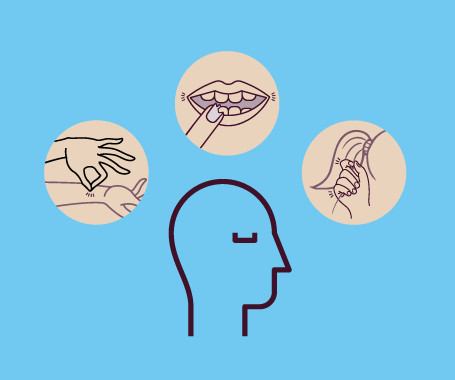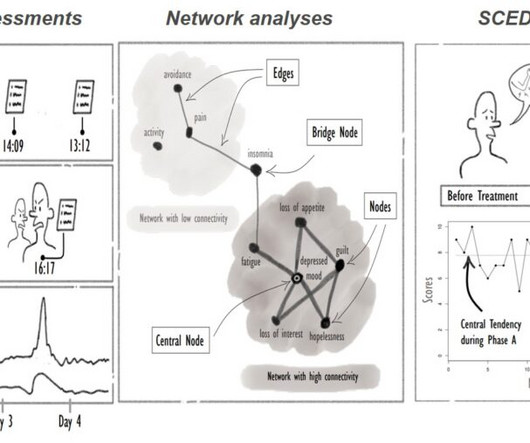Women Working In Mental Health Research
MQ Mental Health
MARCH 7, 2024
Women Working on Preventions and Interventions Dr Susanne Ahmari, (USA) identified brain activity related to Obsessive behaviours, the first step towards developing new treatments for OCD in 2013. Dr Ethel Nakimuli-Mpungu (Uganda) developed a highly successful intervention for remote communities living with HIV and depression in 2015.














Let's personalize your content